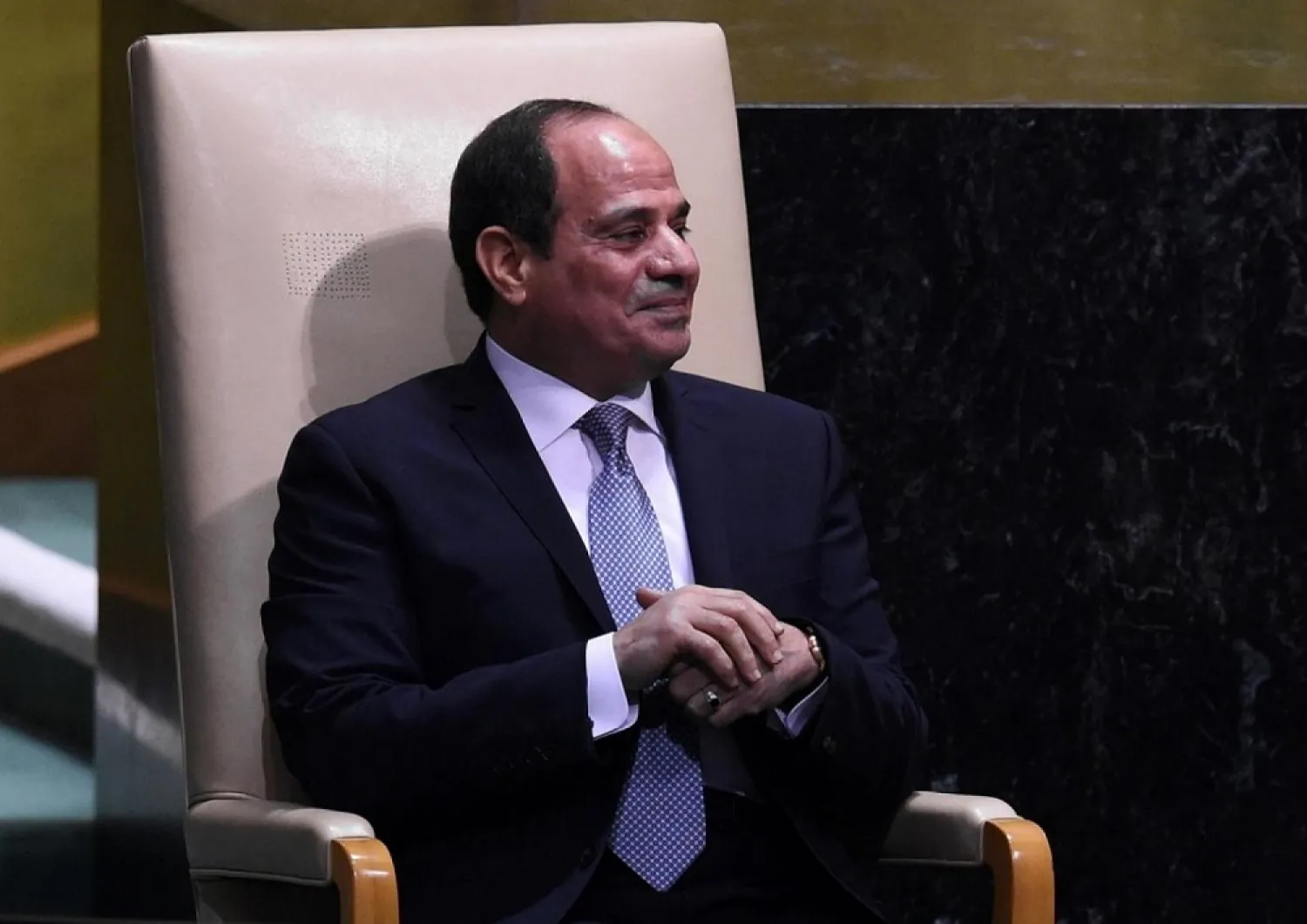Egyptian President Abdul Fattah al-Sisi stressed on Tuesday the pressing need to resume negotiations between Palestine and Israel.
Meeting with Norwegian Foreign Minister Ine Eriksen Soreide in Cairo, Sisi said that Egypt is keen to implement the two-state solution, Arab peace initiative and international resolutions.
Presidency spokesperson Bassam Rady announced Sisi and Soreide exchanged views on the latest developments in the Palestinian territories in light of Norway's historic role in negotiations between the Palestinians and Israelis, which led to the signing of the Oslo Agreement in 1993.
The minister hailed the role played by Egypt in this regard and Cairo's efforts to restore stability and contain the repercussions of crises in the region.
“Egypt plays an important role both in the Middle East and Africa. It is engaged in international efforts to address global challenges. Norway is working closely with the country to stabilize the situation in Gaza,” Soreide concluded.
She also stressed her country's aspiration to increase economic cooperation between the two states, especially in light of the comprehensive economic reform program implemented by the Egyptian government, reiterating Norway's commitment to be Cairo’s partner in development.
Soreide pointed out that Norwegian companies are interested in working in Egypt and enhancing triangular cooperation between Egypt and Norway in Africa in light of the joint interests in supporting the development of the continent.
The minister later met with Secretary-General of the Arab League Ahmed Aboul Gheit where she discussed with him ways to strengthen Arab-Norwegian cooperation and a number of issues of common interest.
Aboul Gheit’s spokesman Ambassador Mahmoud Afifi announced that the meeting witnessed an exchange of views on the latest developments in the Middle East.
Soreide was particularly interested in identifying the secretary-general's view on the current situation in the Palestinian cause and the prospects of a just and lasting settlement on the basis of the two-state solution.









